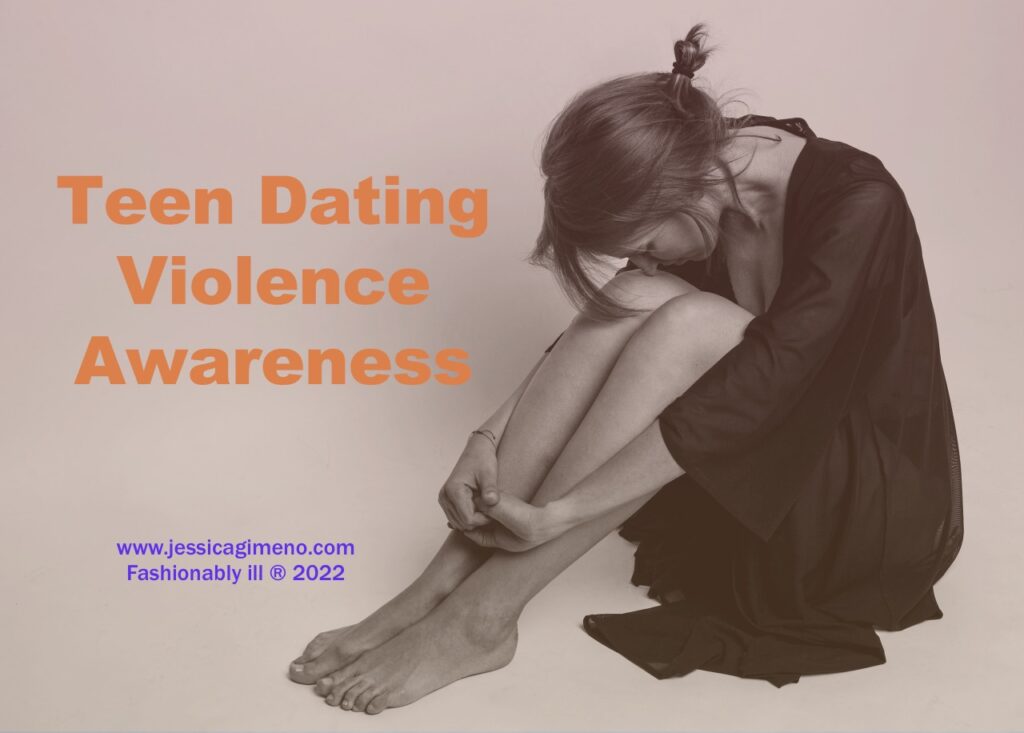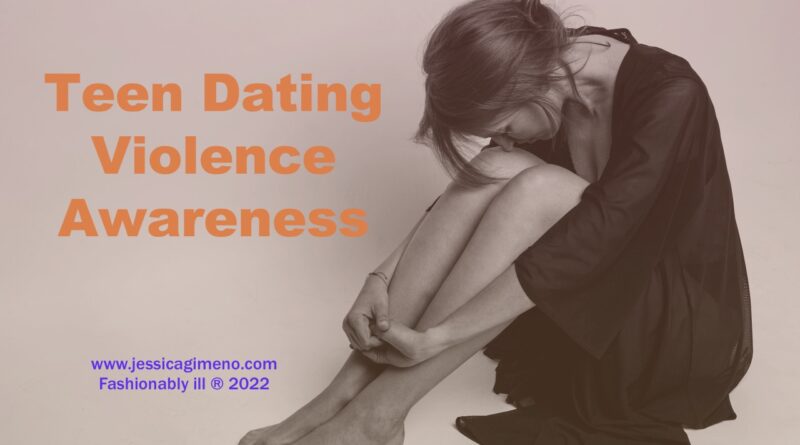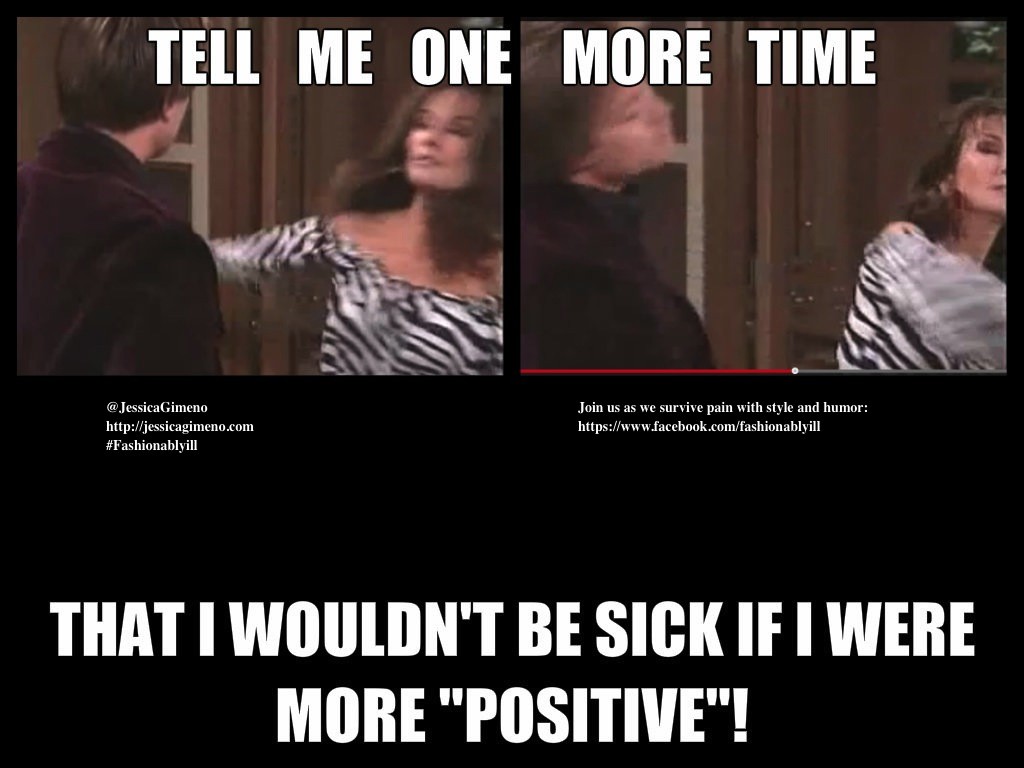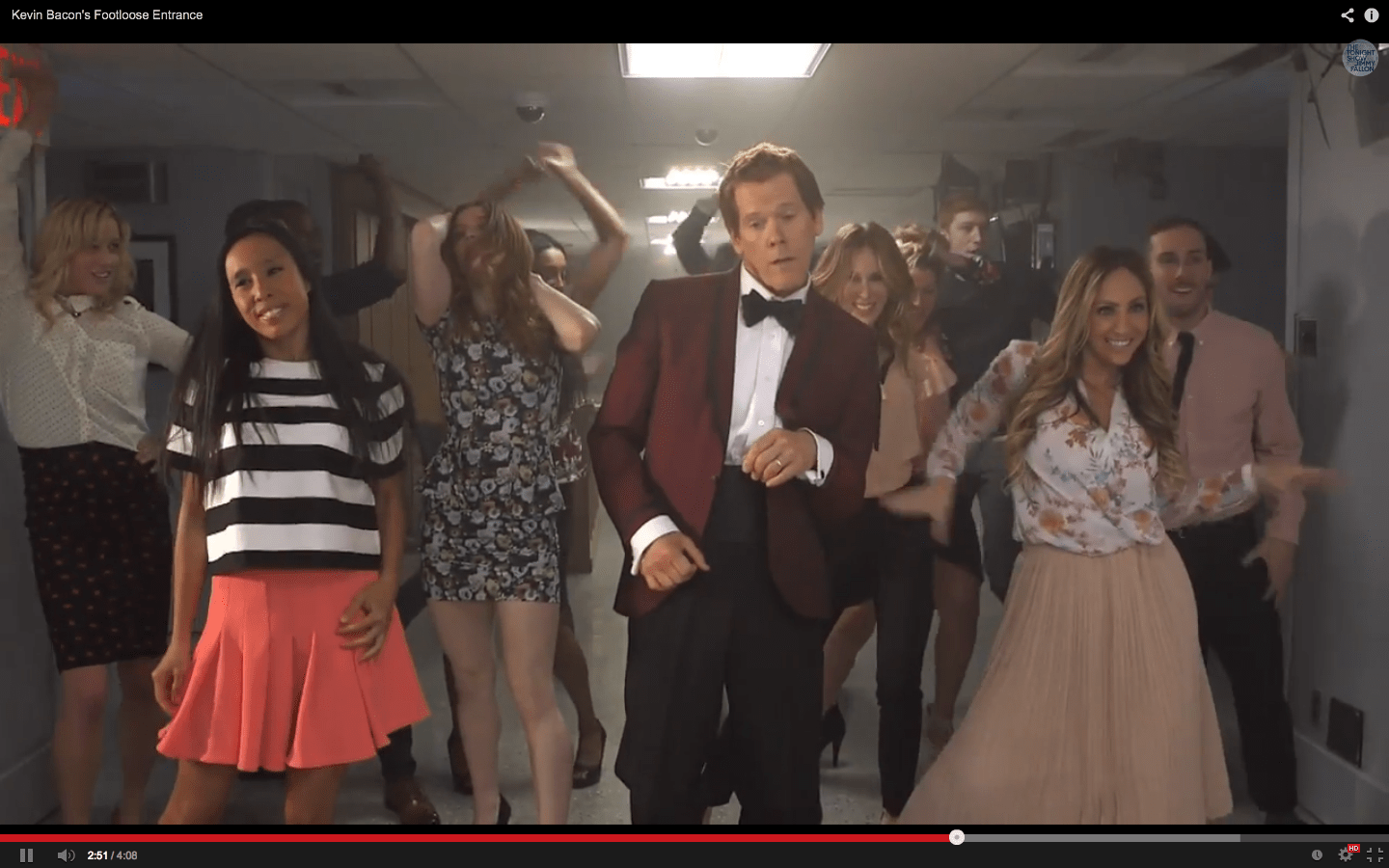Teen Dating Violence Awareness Month
February is National Teen Dating Violence Awareness Month, and this year’s theme is “talk about it.” This article was written by a new writer, Anonymous.
Often, people experience their first romantic relationship during their teenage years. As much as your teen may want to find and experience love, dangers can arise from dating. The harsh reality is, 1 in 3 teens will experience abusive or unhealthy relationships, and those experiences will stay with them forever.

So, as a parent, what do you do? Rather than forbidding dating altogether, educate yourself and your teen on dating violence. Understanding the common forms and signs of abuse can help you and your teen stay vigilant.
Common Forms and Signs of Abuse
Psychological & Emotional Abuse
Psychological and emotional abuse is often the first sign of an abusive relationship. They’re also the most common, but hardest, form to detect, as they create invisible wounds in the victim’s mind. They are used to manipulate how a victim thinks, feels, and have various short and long-term effects. It can create a feeling of low self-worth, depression, anxiety, and in some cases, PTSD.
Signs in a Relationship:
- Gaslighting
- Embarrassing or humiliating you
- Isolating you from friends and family
- Love bombing
- Verbally abusing you
- Guilt-tripping and making you feel ashamed
- Falsely accusing you of cheating or starting problems
- Belittling you with words or actions
- Creating false memories or questioning yours
- Threatening to hurt themselves if you don’t do what they want
Financial Abuse
Financial abuse is not a new form of abuse. It’s a prevalent tactic in domestic violence cases. However, recent studies have shown financial abuse is on the rise in teen dating. Financial abuse exploits a victim’s opportunities, money, and resources as a way to control a victim. It can prevent a victim from pursuing their dreams and alter their life path. This can be especially devastating if a teen has a credit card, as abusers can rack up debt and severely lower a victim’s credit score. This can make adulthood quite challenging since a credit score is often used for obtaining loans, rent, jobs, and more. Even a government-backed loan, such as an FHA loan, can be hard for a victim to qualify for. If an abuser is using your teen’s information to open an account or line of credit without permission, it’s identity theft and is punishable by law.
Signs in a Relationship:
- Preventing you from going to school or work
- Not allowing you to pursue academic or job opportunities
- Stealing money, identification cards, or personal belongings
- Withholding your money from you
- Secretly using your credit, debit, or ATM card
- Asking for money and refusing to pay it back
- Requiring you to pay for all dates
- Requiring you to give them gifts
Physical Violence
It’s rare for a relationship to start with physical violence. Usually, the abuser will use the previous forms to manipulate their victim and then move into more aggressive tactics. Physical violence is when an abuser habitually and intentionally injures a victim. Although this abuse is easy to see from an outside perspective, it can be hard to detect within a relationship. Abusers will manipulate their victims into thinking their actions are normal, an accident, or deserved. It’s important to note that physical violence is never justified and is never okay; not in any circumstance is hurt ever deserved.
Signs in a Relationship:
- Pushing or shoving you
- Kicking, punching, slapping, or hitting you
- Threatening to hurt you or a loved one
- Pointing a weapon at you
- Restraining, choking, or locking you in a room
- Blaming actions on you, substance use, anger, or claiming it was an accident
- Excessively apologizing and promising to change after harming you
Sexual Violence
Sexual violence is any unconsented or coerced sexual activity. This includes, but is not limited to, intercourse, sharing explicit photos, oral, and unwanted touching. This abuse is the hardest for teens to open up about; they may feel ashamed or uncomfortable. However, it can lead to serious health risks such as STDs, unwanted pregnancy, eating disorders, and suicidal thoughts.
Signs in a Relationship:
- Forcing you to perform sexual acts such as intercourse or oral sex
- Intentionally hurting while performing sexual acts
- Refusing to use/or let you use protection
- Unwanted touching
- Pressuring you to send explicit photos/videos of yourself
- Taking or sharing explicit photos/videos of you without permission
- Controlling how you dress
- Threatening you with sexual violence or harassment
Stalking
This form of abuse mostly occurs after the relationship has ended. It serves as a way for abusers to still control their victims when they’re not together. Stalking is the undesired contact, appearance, or attention from another person. This action can get dangerous as it may leave a victim vulnerable to an attack. If your teen is being stalked, consider a protection order against the abuser.
Signs in a Relationship:
- Following or hiring others to follow you
- Unwanted phone calls and text messages
- Monitoring your social media or location
- Waiting for you after work, school, or activities
- Pressuring your friends to tell them information about you
- Breaking into your home or car
Tips For Parents
Teaching teens what a healthy relationship looks like and signs of abuse will help them identify red flags early in the relationship. If your teen is experiencing dating violence, they may not open up to you, or even know that they’re in an abusive relationship. It’s important to look for signs that abuse may be occurring in your teen’s actions.
Signs to Look For in Your Teen:
- Is uninterested in ordinary activities
- Refuses or limits what they eat
- Unexpected and unexplained mood swings
- Feels low self-esteem and self-worth
- Self-harming and/or suicidal behaviors.
- Wears sweaters or winter clothes in hot weather
- Uses makeup to hide bruises
- Displays a fear of upsetting their partner
- Substance abuse
If you suspect that your teen is in an abusive relationship, try to support them by creating a safe place to talk and supplying them with the resources and tools they need to safely leave the relationship. Even after they leave the relationship, support them, as they will be going through a healing process. Encourage them to seek therapy to help their mental health, take necessary legal precautions, and remind your teen of the love they deserve.




